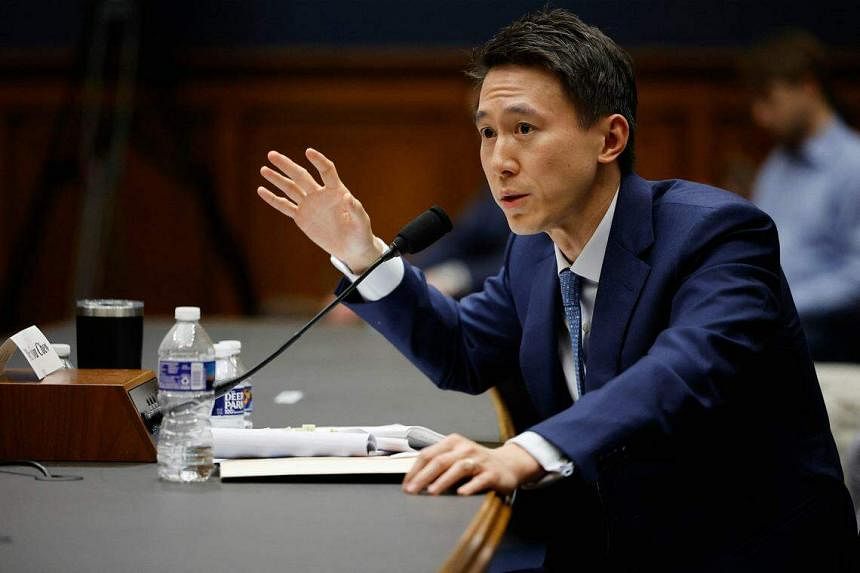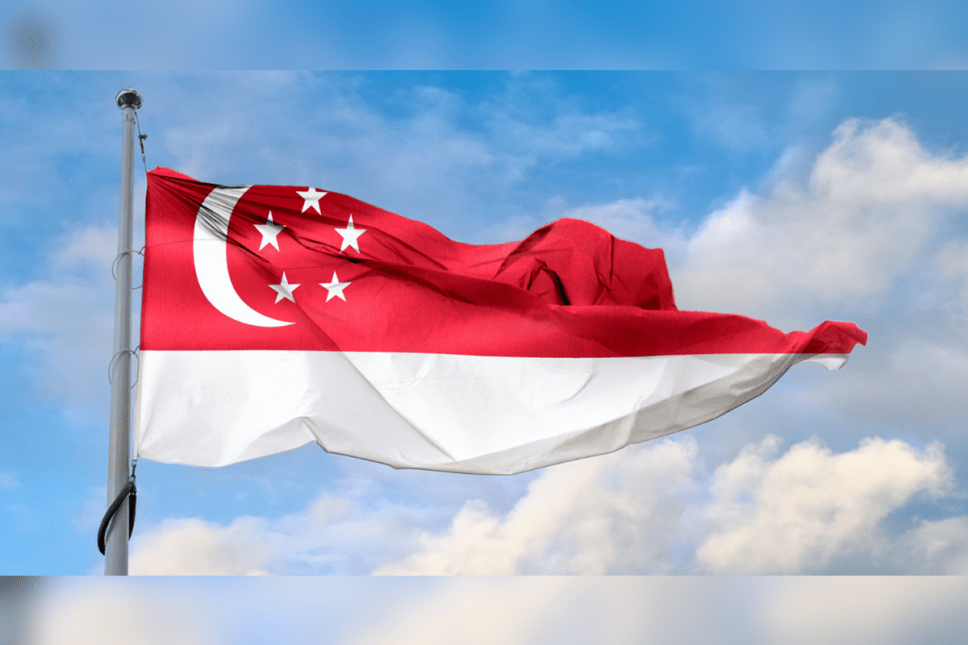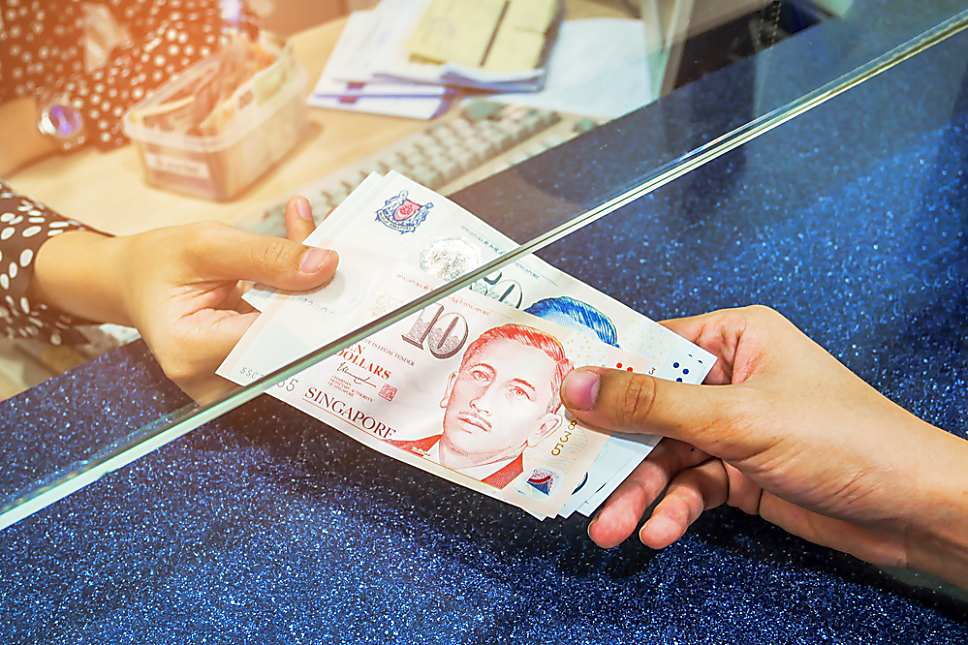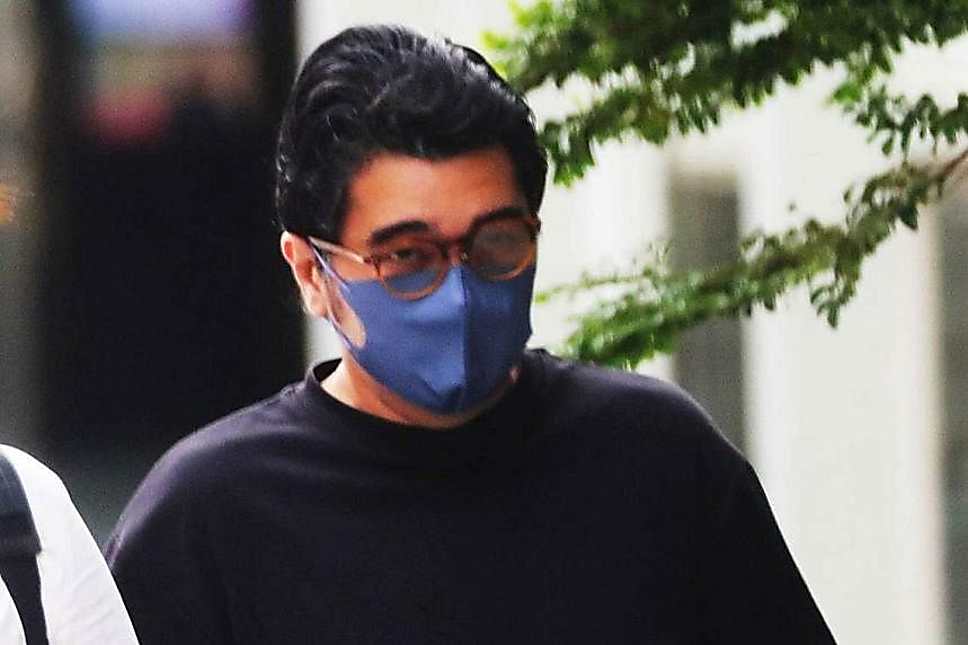Should TikTok’s CEO’s Singaporean nationality matter?
A more sanguine appreciation of the brewing US-China rivalry should give us some perspective on the issue.

There could not be a more blatant display of anti-China sentiment than the United States congressional hearing last week on whether TikTok, the social media platform, threatened US national security.
TikTok chief executive officer Chew Shou Zi was grilled for more than five hours on Capitol Hill by both Republican and Democrat lawmakers. He had to contend with a flurry of charges against him and his company, including that he was working as an agent of influence for the Chinese Communist Party, that TikTok was violating US data privacy, and that it had the malicious intent of disseminating misinformation through use of its algorithm to sway public opinion on subjects related to US-China relations.
Singapore social media was abuzz with comments following the hearing on March 23. Most netizens condemned the blatant display of xenophobia by American congressmen. Many were impressed with how Mr Chew handled the ferocious criticism and combative rhetoric, remaining candid and calm throughout.
Convincing the US Congress not to ban TikTok will, however, be a tall order. With more than 150 million users in the US, the stakes are high for both TikTok and Washington, coming at a time when tensions between the two superpowers are also fragile and fraught with mistrust.
Rerun of McCarthyism?
Concerns over TikTok go beyond data privacy or nationalist pride. They reveal an existential crisis of sorts for the US, of its political ideology and supremacy. The two superpowers have locked horns in every major domain, from economic dominance to technological advancement, military prowess, and foreign diplomacy.
The crux of the issue is whether TikTok is obligated to hand over US citizens’ personal data to the Chinese government. And so the hearing was pursued doggedly. Mr Chew’s interrogation has been likened to McCarthyism during the Cold War.
In the 1950s, fearing infiltration by the Soviet Union, US lawmakers, led by Senator Joe McCarthy, embarked on a witch hunt to purge the establishment of communist sympathisers. In what is now infamously dubbed McCarthyism, the senator and his cohorts, in a series of televised hearings, adopted an aggressive posture and levelled largely unsubstantiated accusations of subversion at political figures, public employees, members of civic societies and ordinary citizens. Many of those on the receiving end of the relentless attacks lost their jobs amid intense media scrutiny.
Based on Mr Chew’s five-hour-long cross-examination, it was evident that some in Congress had considered him untrustworthy, notwithstanding his defence of TikTok’s US$1.5 billion (S$2 billion) bid, dubbed Project Texas by the company, to clean up data management. The TikTok CEO had little time to give a substantive response as accusation after accusation was thrown at him.
Such issues about privacy and data security on social media platforms are not unique to TikTok. Other American-based platforms such as Facebook, Twitter, and Instagram face similar challenges in corporate compliance.
Facebook founder Mark Zuckerberg himself was hauled up to another unsparing congressional hearing in 2018 after the Cambridge Analytical scandal. But Mr Chew’s interrogation last week was by far the most vilifying one in recent history.
Perhaps his cross-examination revealed the proclivity to take a binary view on who is considered as a friend or foe in this US-China rivalry; a throwback to the “with-us-or-against-us” discourse pursued by then US President George W. Bush in the war on terror post-9/11.
Mr Chew took pains to emphasise his Singapore citizenship, Harvard education and his Taiwanese American spouse, in distancing himself and TikTok from its Chinese parent company Bytedance. And yet, it did not seem to matter if TikTok’s CEO is a Chinese Singaporean or an American like his predecessor, former Disney executive Kevin Mayer.
The message seemed clear: Anyone who works for a Chinese technology enterprise is at risk of taking part in espionage. Perhaps the conclusion was foregone, and the more immediate issue is whether the US should ban TikTok or force a divestment of the social media platform from Bytedance.
But the reactions from Singapore netizens appeared sharp and more assertive than usual. Many launched into a passionate defence of Mr Chew’s approach to the hearings, as if supporting a Singaporean is a patriotic duty. What’s behind this display of nationalistic fervour?
Lessons for S’pore CEOs
Last week’s stinging congressional hearing has also raised the issue of the Singapore identity and nationalism amid tectonic geopolitical shifts.
The tables were flipped not too long ago when Singaporeans doubted Mr Chew’s “Singaporean-ness”. When he was appointed TikTok CEO two years ago, social media chatrooms in Singapore were overwhelmed with excitement. Most posted congratulatory messages and many said they were proud of his achievement in raising the Singapore flag in the global corporate world.
But there were some netizens who were sceptical of Mr Chew’s nationality, doubting that he was indeed a Singapore citizen, and a few even questioned where his loyalty lay in the Chinese conglomerate. That debate was put to rest when anecdotes of his national service were shared online by those who had served alongside him.
Mr Chew’s success on the global business stage might have drawn more interest in him from Singaporeans, who feel a strong need to defend him.
Our people have gained international exposure working in global multinational corporations and organisations around the world. Singaporeans are recognised by their international peers as not only competent and possessing the requisite executive experience, but also as law-abiding citizens who are neutral parties in the brewing US-China rivalry.
This is ostensibly a reason why Mr Chew was appointed TikTok CEO.
Many more Singaporeans have stepped up to serve in global institutions including Mr Daren Tang, director general of the World Intellectual Property Office (WIPO); Dr Noeleen Heyzer, the first woman executive secretary of the United Nations Economic and Social Commission for Asia and the Pacific; and Dr Victor Khoo, a director at the Singapore Land Authority who co-chairs the United Nations Expert Group on Land Administration and Management.
At any one time, about one in 20 Singaporeans work and live overseas for employment or education, according to the National Population and Talent Division under the Prime Minister’s Office.
Mr Chew’s appointment as TikTok CEO is understandably a source of pride for many Singaporeans. Much as we welcome the best global elites to sink their roots in the island state, we also want our finest local talent to gain exposure by working for international establishments, whether commercial or public and regardless of whether they are of Chinese or Western origin.
But this interconnectedness with the global economy works both ways. To be successful on the global stage, our best and brightest need to be in sync with developments in the business sector, understand changing market sentiments, and position themselves well as executives navigating a challenging geopolitical world.
And of these, the consensus among analysts is that the brewing US-China rivalry poses the greatest geopolitical risk for business in the near term.
Our workforce is employed by both local and foreign companies, and among the latter, increasingly a good number of them will be Chinese-owned. This is our global reality.
As more Singaporeans climb the global corporate ladder – be that Chinese-owned enterprises or otherwise – some of us may invariably find ourselves getting into the crosshairs of the geopolitical divide. This will be the new normal in the corporate space as more Chinese firms establish their presence in the region; notable examples of these are household names like Lazada and Shein.
For Singapore to survive and prosper, we must remain open to corporate entities from all over the world, including Chinese and American firms.
Mr Chew may be the first Singaporean corporate leader to get caught in the middle, but he will not – hopefully – be the last in the line of many other Singapore corporate leaders who will become makers and shapers of an increasingly globalised business landscape.
That is a good thing because it signals that firms – American or Chinese – see our business leaders as fit for purpose and able to do right by them.
Just don’t let that Singaporean nationalistic pride kick in when one of us gets caught in the crosshairs of this superpower competition.
- Dr Leong Chan-Hoong is a Fellow and elected board member of the Intercultural Academy for Intercultural Research, as well as the Singapore representative for the World Association for Public Opinion Research.
Join ST's Telegram channel and get the latest breaking news delivered to you.








No comments:
Post a Comment